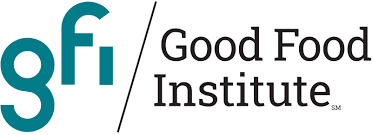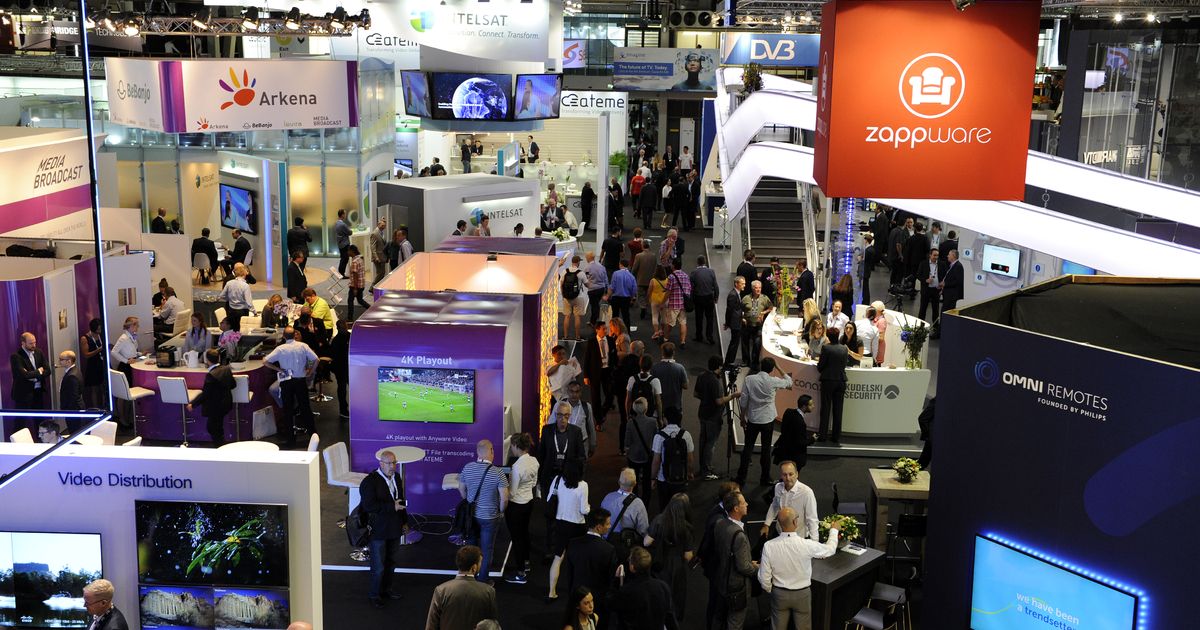Latin America and the Caribbean
♻️ Circular Economy & Sustainability
World Circular Economy Forum 2025 (WCEF2025)
Held in São Paulo, Brazil, from May 13–16, WCEF2025 spotlighted the region’s leadership in circular economy initiatives. Key highlights include:
- Caribbean Nations Leading Zero-Waste Movement: Caribbean countries emphasized integrating circular economy strategies into climate action plans, fostering collaboration and unlocking investment opportunities for sustainable growth.
- ECLAC Accelerator Session: The Economic Commission for Latin America and the Caribbean (ECLAC) organized a session on “Measuring progress and promoting circularity through public policies,” focusing on advancing circular economy policies in the region.
- Brazil’s National Circular Economy Strategy (ENEC): Brazil launched its first comprehensive circular economy strategy, developed in collaboration with UNEP and the Ellen MacArthur Foundation, aiming to foster regulatory, educational, and financial conditions for circularity.
⚡ Energy & Renewable Initiatives
Chile’s Green Hydrogen Strategy
Chile continues to lead in clean hydrogen production, aiming for 5 GW electrolyzer capacity by 2025 and 25 GW by 2030. The strategy positions Chile as a global player in low-emission hydrogen, leveraging its abundant renewable energy resources.
Transportation & Urban Mobility
Electrification of Public Transport
Latin American cities are accelerating the adoption of electric buses to improve air quality and reduce emissions. Highlights include:(Reuters)
- Santiago, Chile: Leading with the largest e-bus fleet in the region.
- Bogotá, Colombia: Implementing e-buses through the public operator La Rolita.
- São Paulo, Brazil: Expanding its electric bus network.
E-Scooter Integration in Santiago
A study in Santiago revealed that electric scooters (e-scooters) have nuanced effects on public transport demand. While e-scooters reduced public transport usage in central areas, they increased it in peripheral regions, indicating a complementary role in urban mobility.
Governance & Leadership
Mexico’s Infrastructure Expansion
President Claudia Sheinbaum committed to expanding Mexico’s passenger rail network, including the inauguration of the final sections of the Tren Maya and plans to construct approximately 3,000 kilometers of new rail lines.










